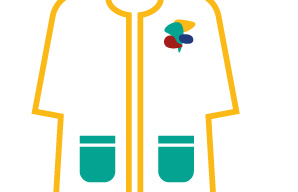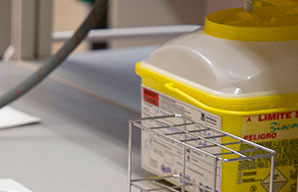New diagnosis of respiratory allergies without invasive tests
A multidisciplinary research team from the Malaga Biomedical Research Institute and Nanomedicine Platform (Ibima Bionand Platform) has managed to identify the mechanisms responsible for local respiratory allergy, a significant advance that could improve the diagnosis and treatment for those allergic patients who test negative. in the usual tests. This group of patients, despite presenting symptoms of respiratory allergy, did not obtain a clear diagnosis, which increased the risk of complications. The research has been published in the journal Allergy and has been led by María José Torres, professor at the University of Málaga and president of the European Academy of Allergy and Clinical Immunology, and Dr. Cristobalina Mayorga, co-investigator responsible for the research group. ‘Allergic diseases to drugs and allergens’.
Respiratory allergy (rhinitis, conjunctivitis and asthma) is one of the main chronic diseases in children and adults. Current diagnostic methods are long, laborious and require trained personnel and technical resources. This limits its implementation in all health centers, making it difficult to identify allergic triggers in non-atopic patients. These patients, who test negative on conventional tests, face restrictions in access to allergen immunotherapy, which can lead to disease progression. However, the new findings offer an alternative by proposing blood tests that can be performed without the need to expose the patient to an allergen at the time, being simpler, faster and safer.
This advance could transform the way respiratory allergies are diagnosed and treated, allowing for broader identification of triggers and therefore benefiting more patients with more effective treatment.

Imagen de rawpixel.com en Freepik
Font: La Opinión de Málaga







